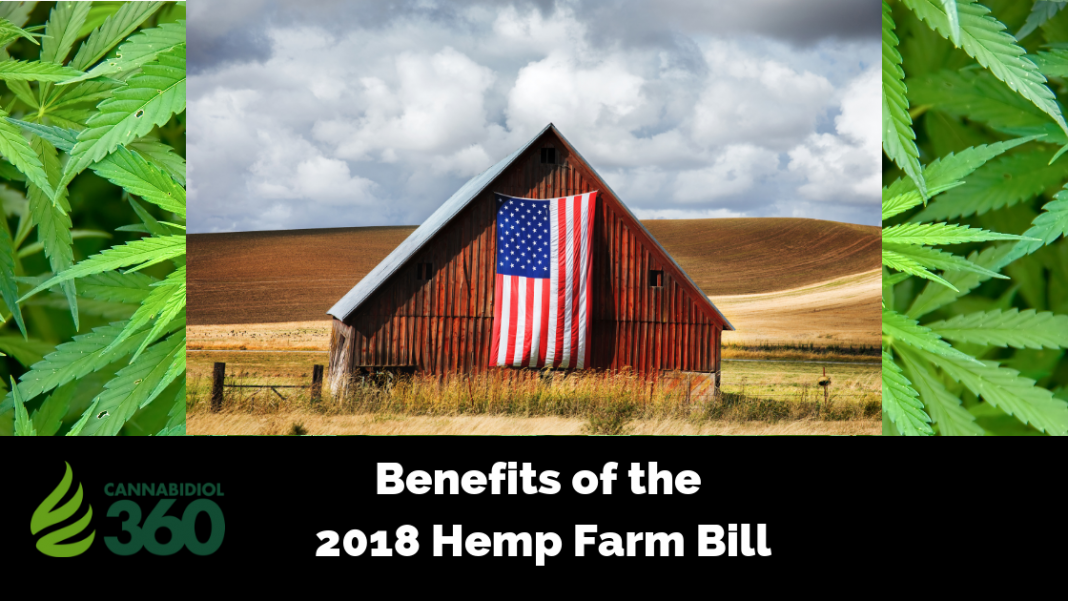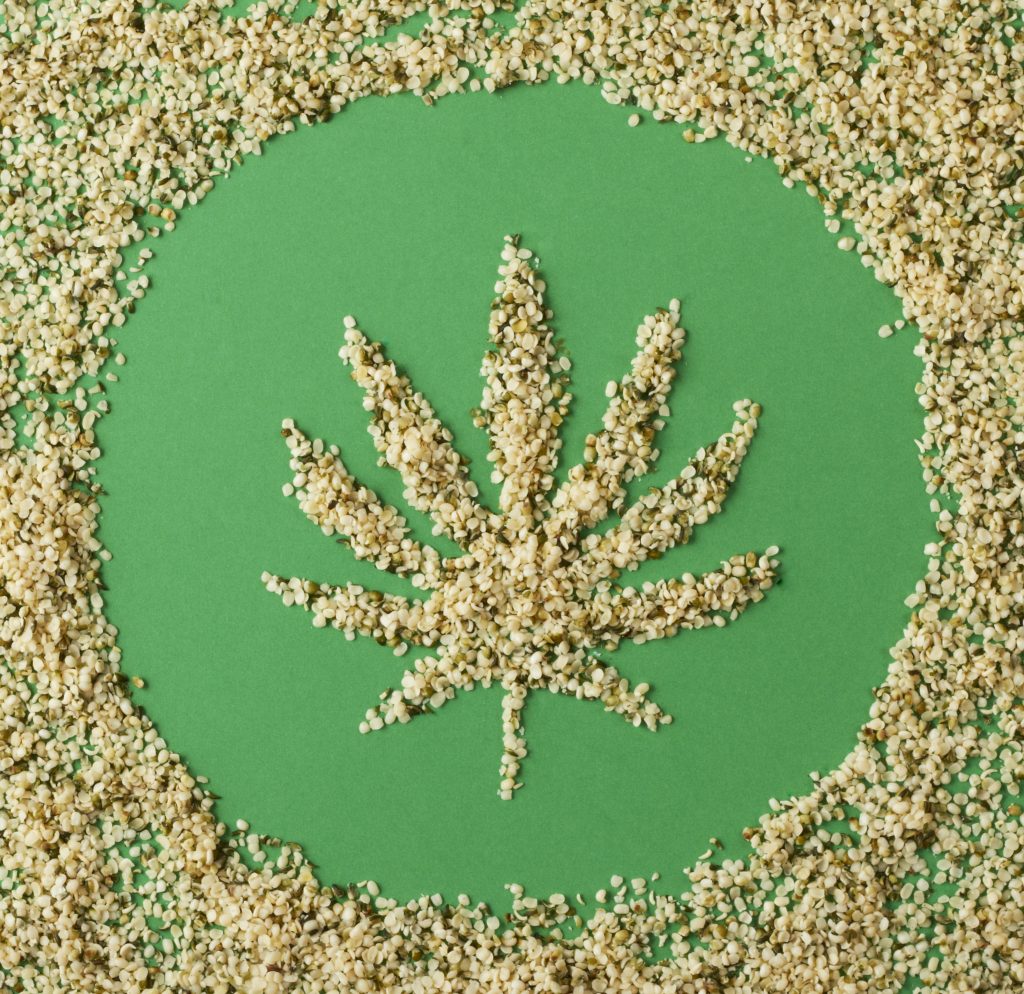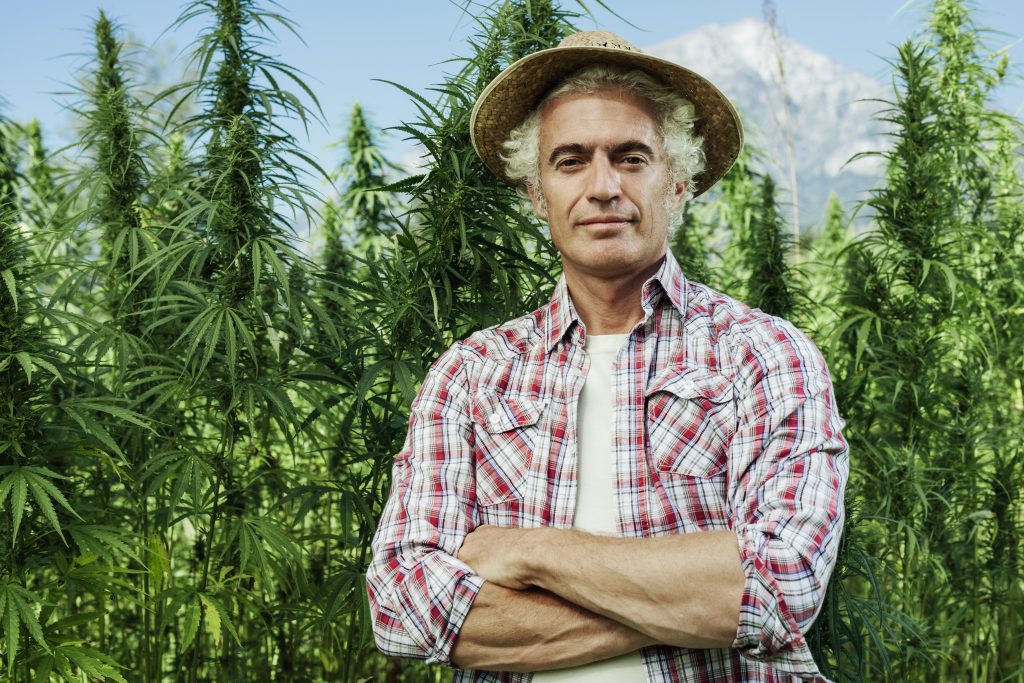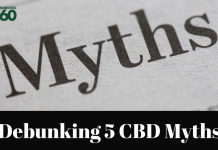
In less than one week, we may find out whether hemp is completely legal to grow and sell for commercial use. On September 30th, 2018 the Farm Bill expires, forcing the House and Senate to agree on a new piece of legislation that will take its place.
Just a few months ago, the Senate passed their version of the bill that included the complete legalization of hemp cultivation for commercial use.
Penned by Senator Mitch McConnell of Kentucky, this bill states that hemp-derived products such as CBD should be sold, purchased and used without legal repercussion.
For decades, our country’s relationship with hemp has been anything but harmonious. However, with CBD becoming widely popular within the medical industry, those who support hemp have hopes that it will become fully legalized.
As it stands, CBD products can be purchased online or in specialty shops.
However, there is still a fairly large percentage of the population that confuses hemp-derived CBD with marijuana, a mind-altering drug. For this reason, public opinion regarding the potential health benefits of CBD isn’t completely positive.
Additionally, hemp farmers have been struggling to make profits off of their crops because of the heavy restrictions on hemp cultivation.
Currently, hemp can only be cultivated for research purposes after a farmer has obtained legal permission from their state. This makes it very difficult for hemp farmers to thrive.
The History of Hemp in the United States
Back in 1937, public opinion regarding cannabis was at an all-time low. The Marihuana Tax Act of 1937 was the result of anti-cannabis activists who wanted to make it incredibly difficult for Americans to grow, sell and obtain cannabis products. This law required that cannabis products be heavily taxed.
Once the law was repealed in 1970, Congress passed the Controlled Substances Act to retaliate.
According to the law, all cannabis products were illicit substances, meaning that any person who grew, sold, possessed or consumed cannabis products was subject to legal consequences.
However, that all changed in 2014. President Obama signed the 2014 Farm Bill, permitting the cultivation of hemp products for research purposes.
For the first time in nearly eighty years, the distinction was made between hemp and marijuana, two species of the cannabis plant.
Unlike marijuana, hemp contains 0.3 percent of THC. Therefore, it is not a mind-altering drug.
With the passing of the 2014 Farm Bill, medical researchers were able to thoroughly study the potential benefits of CBD, a cannabinoid found within the hemp plant.
What they found was that CBD has the potential to treat a wide range of conditions such as chronic pain, anxiety, depression, neurological disorders and more.
The Hemp Farming Act of 2018
When the 2014 Farm Bill expires in less than one week, the House and Senate will have to iron out the differences between their versions of the bill.
The Senate’s version of the bill includes the complete legalization of hemp production without the restrictions found in the 2014 Farm Bill.
Pro-hemp activists hope that the House will agree that it’s time for hemp to be decriminalized on a federal level.
If the Hemp Farming Act of 2018 goes through, we will most likely see a boom in the CBD industry like never before.
The Benefits of Hemp Legalization
Bigger Profits for Hemp Farmers
If hemp farmers can cultivate their crops for commercial use, they’ll see much larger profits. As a result, hemp farms will be able to thrive across the country.
Those who wish to start a CBD business will legally be able to grow their own hemp.
Easy Access to CBD Products
It’s been speculated by CBD experts that hemp legalization will lead to more widespread accessibility of CBD products. Imagine shopping at your local pharmacy and seeing CBD tinctures next to popular over-the-counter pain medications.
Because of the widespread belief that CBD is a safe alternative to commercial drugs, natural health enthusiasts are hopeful that CBD products will be just as accessible as popular medications.
Mainstream Acceptance
As of now, there are still many people who wrongfully believe that CBD is a mind-altering substance. This attitude can be isolating to CBD users who are simply looking for relief in a natural, holistic way.
This perception also means that people who may benefit from CBD are hesitant to try it because of the erroneous belief that it’s a mind-altering drug or that its use is illegal.
If hemp becomes legalized, the CBD industry will reach new mainstream success. As a result, the public will become more educated about the effects and benefits of this natural compound.
Acceptance Among Medical Professionals
Currently, it can be tough for a person to convince a medical professional that CBD is the right treatment option for their unique needs.
While some doctors do prescribe CBD products, many remain dubious about its potential benefits.
If hemp becomes legalized, however, there’s a good chance that the medical industry will become more accepting of CBD as a natural alternative to various forms of treatment.
Reduction of Opioid Abuse
There have been several clinical studies over the last few years that have claimed that CBD can have profoundly positive effects on chronic pain.
If this is true, CBD may be a safe, natural alternative to popularly prescribed opioid drugs. As we are currently experiencing an opioid crisis in the United States, hemp enthusiasts are hopeful that the medical industry accepts CBD as a natural pain reliever.
A Bright Light in the Mental Healthcare World
Currently, studies are being conducted to determine CBD’s potential use in the psychiatric world.
Because various studies have found that CBD may be able to relieve symptoms of anxiety and depression, CBD enthusiasts are hopeful that this compound will become a natural alternative to popular psychiatric drugs.
Pro-CBD activists believe that CBD can provide relief to those suffering from various mental health disorders without the side effects that are associated with popular psychiatric medications.
Lower Manufacturing Costs for Other Industries
Hemp can produce much more than CBD. Hemp can be used as a cheaper alternative to certain textiles and paper products.
Therefore, many industries can benefit from using hemp rather than materials that cut into profits.
Better Quality of CBD Products
If the bill passes, it’s likely that lots of regulations will be placed upon the CBD industry. However, that isn’t necessarily a bad thing.
If the CBD industry becomes heavily regulated, it could mean that CBD products must meet a certain standard of quality and purity to exist on the market.
As we know, the CBD market is currently flooded with questionable, low-quality products. If CBD becomes a regulated product, users can feel more certain that they’re using an effective product that’s exceptional in quality and free of questionable ingredients.
What This All Means
Those who support the cultivation of hemp for commercial use believe that this bill can have a dramatically positive effect on our healthcare industry as well as other popular industries within the United States.












